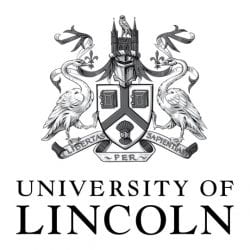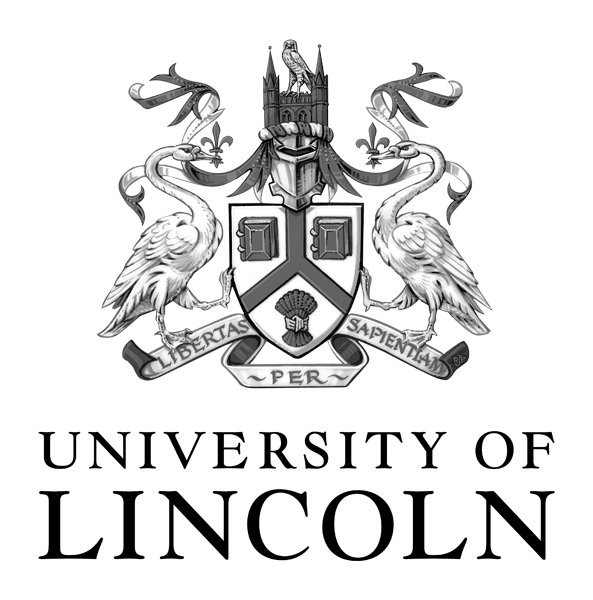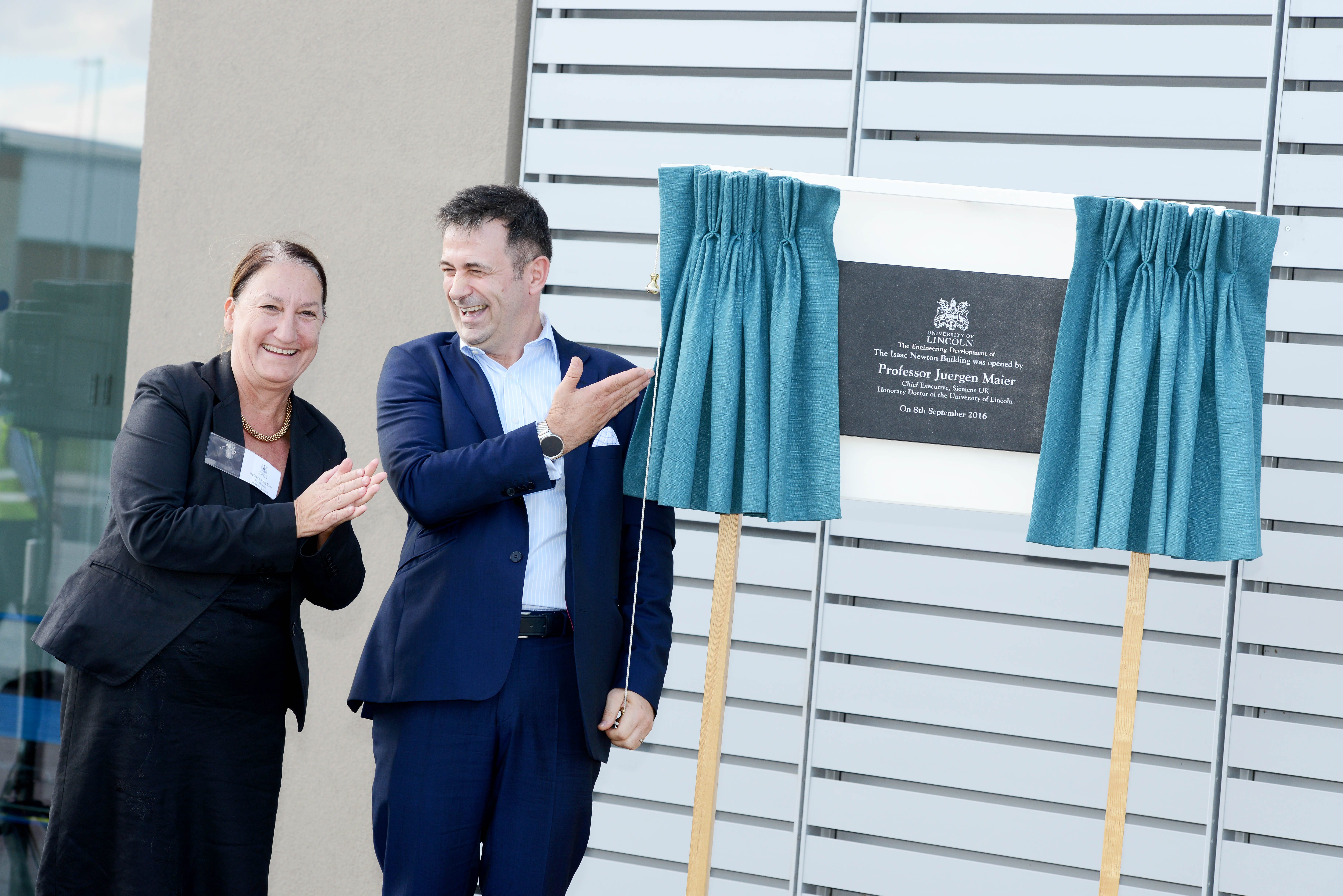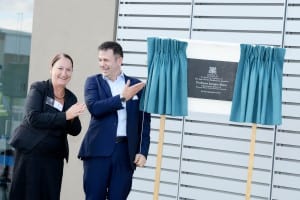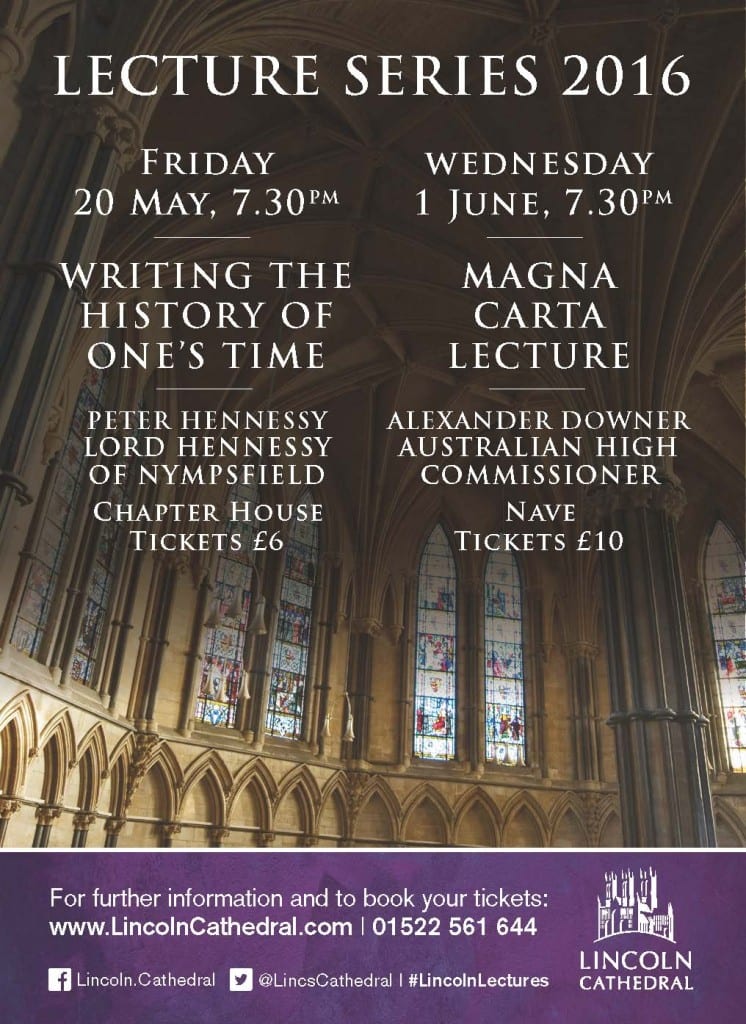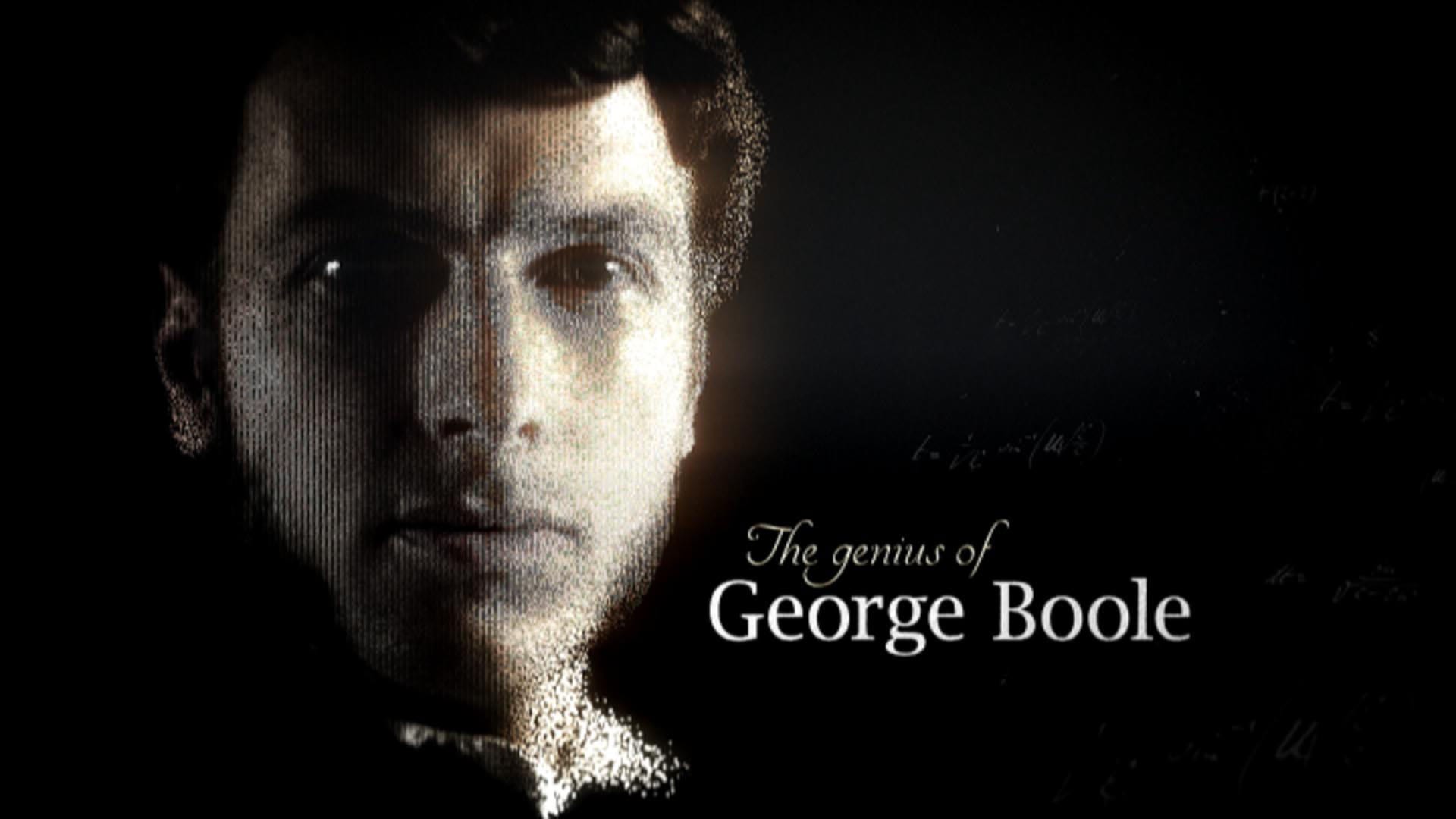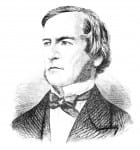The University of Lincoln has been named in the UK’s top 50 universities in the Complete University Guide 2017.
The latest version of the national university league table is published online today (Monday 25th April 2016) at www.thecompleteuniversityguide.co.uk
The main table of the Complete University Guide 2017 ranks 127 higher education institutions on ten measures: Student Satisfaction, Research Quality, Research Intensity, Entry Standards, Student: Staff Ratio; Spending on Academic Services; Spending on Student Facilities; Good Honours degrees achieved; Graduate Prospects and Completion. It also provides separate listings for 70 academic subjects.
Placed 49th in the main table, the University of Lincoln is also positioned in the national top ten of the Agriculture subject area.
Professor Mary Stuart, Vice Chancellor of the University of Lincoln, said: “Our place in the rankings reflects the steady work we have been developing to ensure the best experience for our students and to create the environment for excellent research to flourish.
“Students and staff at Lincoln have worked hard to achieve this recognition and I am grateful to all our community for their commitment to our development.
“This year applications to Lincoln have been higher than ever and I look forward to welcoming another excellent student year group this September.”
Around £200 million has been invested in developing Lincoln’s main Brayford Pool Campus over the past two decades since it was opened by Her Majesty the Queen in 1996. A further £130 million capital programme was announced last year which will provide state-of-the-art new buildings for staff and students in engineering, computer science, mathematics, physics, nursing, social care and psychology.
The University of Lincoln’s approach to research-engaged teaching has been recognised with a commendation from the UK’s Quality Assurance Agency for enhancement of student learning opportunities. Lincoln has also won a series of national awards and accolades for its approach to working with employers, including a Lord Stafford Award and Times Higher Education Award.
Graduate prospects are strong with nine out of ten of Lincoln’s most recent graduates in work or further study six months after completing their studies and more than 70% of those working in graduate level roles – above the national average (Destinations of Leavers from Higher Education survey 2015). This highlights the University’s focus on supporting students to develop the right skills to gain excellent jobs.
The latest rankings also reflect Lincoln’s success in the last national assessment of university research standards, the Research Excellence Framework (REF) 2014. More than half of Lincoln’s submitted research was judged to be world-leading or internationally excellent in REF 2014 and it was placed in the top ten nationally for the quality of its research outputs in the Agriculture, Veterinary and Food Science subject area.
The team behind the Complete University Guide has compiled university league tables for almost 20 years. Since 2007, these have been freely available on line. The Guide is an autonomous division of Hotcourses.
Dr Bernard Kingston, principal author of TheCompleteUniversityGuide.co.uk, said: “There is a considerable degree of stability at the upper end of the league table this year. While dramatic changes may be newsworthy, this stability indicates that the rankings are robust and credible for young people seeking a university place – our primary purpose.”
See the Complete University Guide 2017 tables at: www.thecompleteuniversityguide.co.uk
